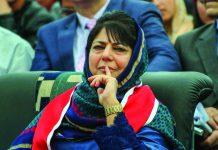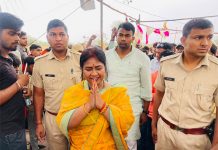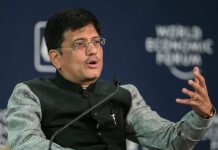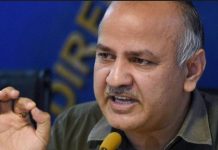Graceful Act
If Latha’s bold decision made the heart donation possible, Jose Chacko Periappuram’s timely intervention made the transplant a success. Chacko is the first cardio surgeon to conduct a heart transplant in the state. He had initially turned down the prospect of the heart donation thinking that it would take too much time to transport the heart to Kochi from Thiruvananthapuram by road. It would take about 10 hours and the patient would not have survived for this long. It was during a bypass surgery later that day when it occurred to Chacko that the transplant could be successful if the organ was transported by air. He immediately contacted Ernakulam mla Hibi Eden who briefed the cm about the situation. The plan was given the go-ahead. MG Rajamanickam, district collector, Ernakulam, was authorised to do the needful for the same. The naval command was roped in and the plan was set in motion by evening.
Their initial plan was to deploy a helicopter, but the naval officials provided a Dornier aircraft considering the urgency of the situation. With all arrangements in place, the team of doctors took the flight on Friday afternoon at 1:30 pm reaching Thiruvanathapuram in 35 minutes. They returned to Kochi after two hours with the heart and transplanted it successfully.
Challenges of Organ Donation in the State
According to Noble Gracious, nodal officer, project Mrithsanjeevani, the entire incident has given a sudden thrust to the organ donation movement in the state. There are various factors such as the deployment of the air ambulance and the regional news channels covering the incident live, which have all given a sudden momentum to the debate on organ donation in the state. Within a week after the heart transplant, the parents of Anjana, a three-year-old girl who was declared brain dead, donated her liver, two kidneys and corneas. Their donation helped save the life of a five-year-old boy who was suffering from liver and kidney failure. She has become the youngest donor in the state.
Gracious says that organ donations in the state are still far too less to meet the burgeoning demand. According to a recent report in The Hindu, out of around 4,000-odd road accidents that happen in the state, about 50 percent could result in brain death. However only 58 organ donations took place in the state last year and there have been only 31 donations up till July this year.
There are many factors that hinder organ donations. These include superstitions and myths, which discourage people to sign up for organ donations and the incompetence of the available medical facilities. Neurosurgeons are the key persons to identify patients with potential brain death symptoms. However, there is a reluctance to approach relatives with a request for donation. Many think that it would be an inappropriate request to make at a time when patients are battling for their lives. Others are too conscious about their professional reputation. Conducting the Apnea test — examination for confirming brain death — is the other difficult part of the process. Since a group of four doctors are required to perform the test, the availability of doctors at the right time poses a challenge. Moreover, government hospitals in the state lack the required facilities and the unavailability of surgeons adds to the abysmal situation. Medical fitness and the financial status of the recipient also playing a role in making the organ donation possible. Coordinating with the recipient’s hospital is the toughest challenge faced by the organ provider. There are numerous factors that may cause delay in organ retrieval: the cross matching of results may take time or there may be a delay in the response of the recipient.
Religious superstitions are a big deterrent in organ donations. Many incidents have taken place in the past where people do not come forward to donate organs as they are not ‘allowed’ to do so by their religion or saying that such an act will not bode well for the deceased and their family.
However, with incidents of organ donation being largely reported in the media, people are getting more responsive and realising the importance of organ donation. But, a proper awareness programme is needed to sensitise people. Things might change if people realise how helpful can a donated organ be. It can save a life. Hospital authorities and doctors have a big role to play in spreading this awareness.
adarsh@tehelka.com












